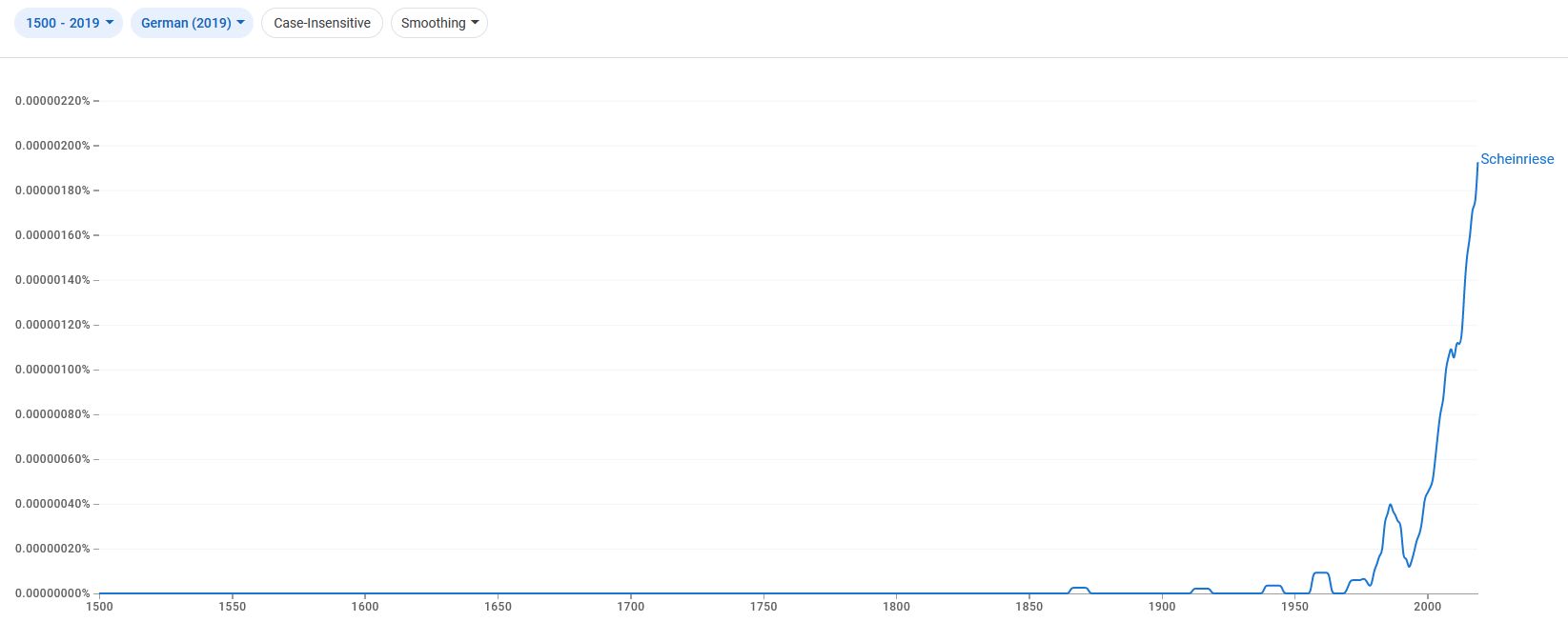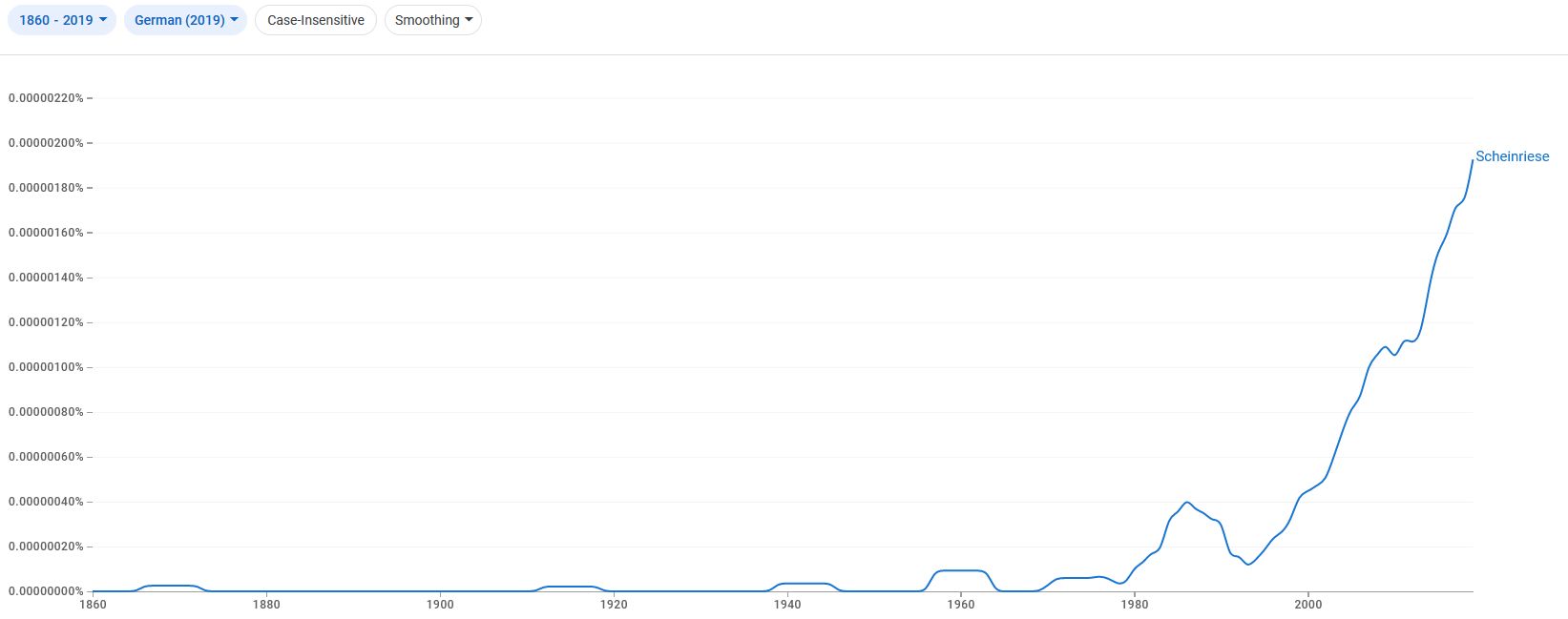A "Scheinriese" (illusory giant), most notably Mr. Tur-Tur from Michael Ende's Jim Button and Luke the Engine Driver, is a being which when seen from a distance appears to be a giant, inadvertently frightening everyone who beholds them, yet decreases in size as one approaches them.
This term has entered the German language with negative connotations and is used when an issue is dramatised (e.g. a German soccer team is an illusionary giant and only appears strong on paper).
I'm wondering whether there are any other instances of such a being or idea occurred, whether Ende's idea had a predecessor or was inspired by something.

